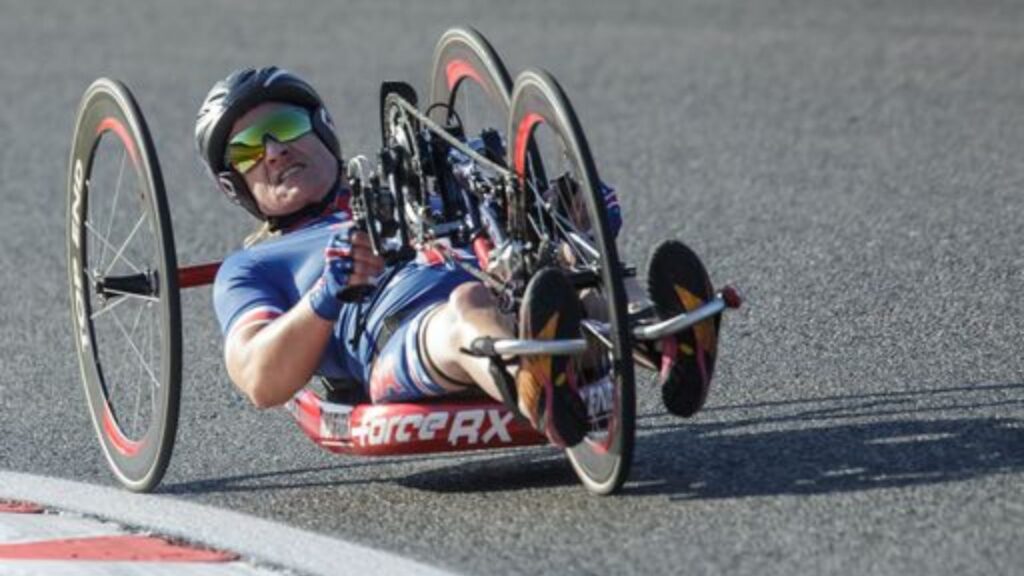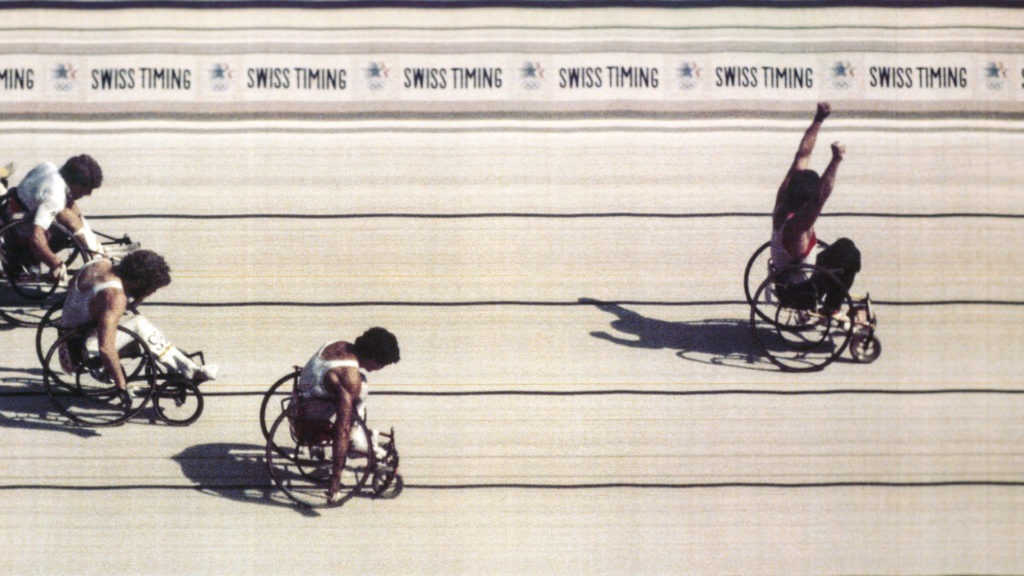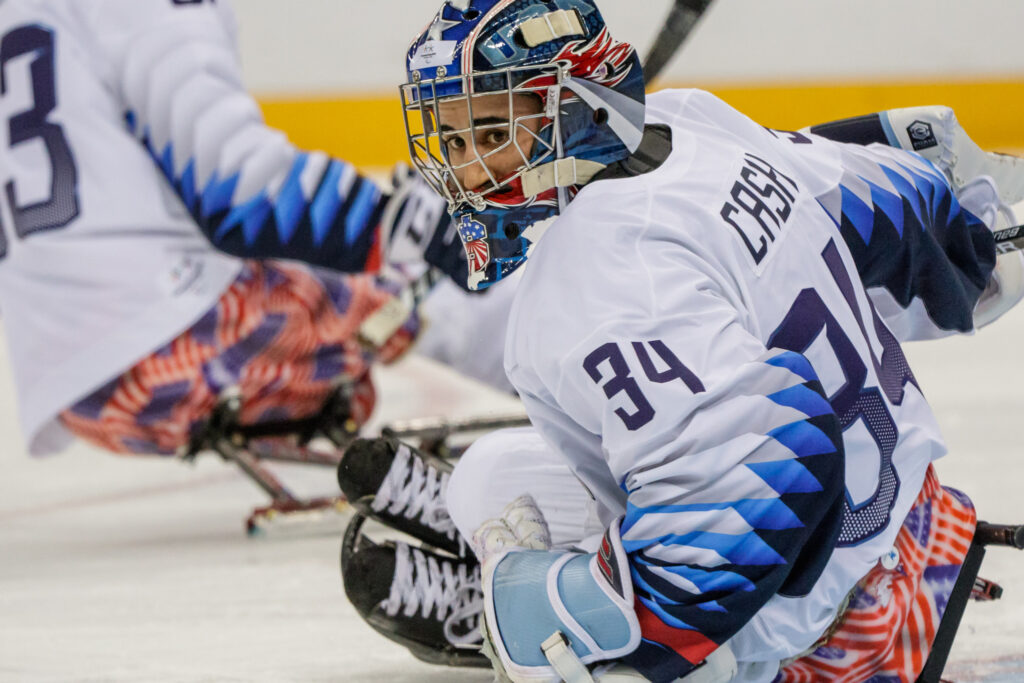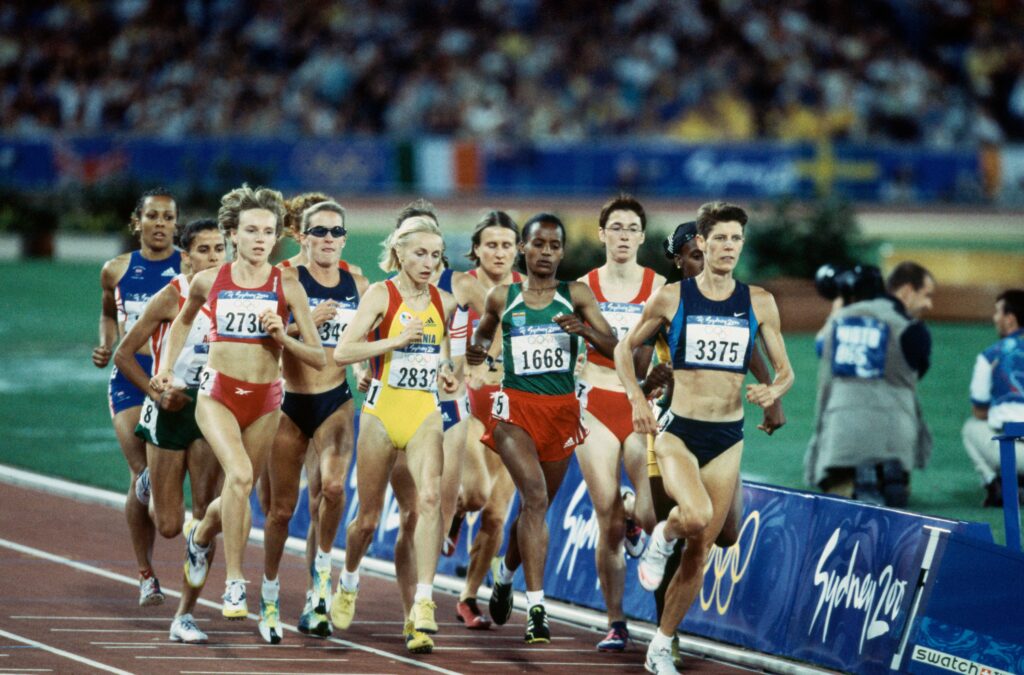As Willie Davenport prepared to join a select group of athletes who have participated in both the Summer Games and the Winter Games, his wife, Marian, was not sure if her husband’s athletic career really was coming to an end.
Indeed, Willie Davenport had a special – and successful run at the Olympics. He joined the U.S. Army out of high school and shipped off to Germany, where he ran for a local track club, qualified at the U.S. Olympic Trials and participated in the 110-meter hurdles at the Tokyo 1964 Olympic Games. A pulled thigh muscle prevented him from advancing past the semifinal heats.
It was a different story at the Mexico City 1968 Olympic Games, where Davenport claimed gold in the 110 hurdles.
He placed fourth in the 110 hurdles in the Munich 1972 Olympic Games, narrowly missing the medals, then remarkably made a fourth consecutive Summer Games and won bronze in the Montreal 1976 Olympic Games despite knee surgery the previous year that a doctor had said would end his running career.
“He told me I would walk with a limp and should forget about running. That was June. By January I was hurdling again, and that summer I won the Olympic bronze,” Davenport said.
At age 33, Davenport’s track career appeared over. But while serving on an Olympic committee, he was in contact with bobsledder Al Hachigan. That sparked Davenport’s interest in bobsledding and he qualified for the Lake Placid 1980 Olympic Winter Games, joining teammate Jeff Gadley as the first Black Americans in U.S. Olympic Winter Games history – even though Davenport had never ridden an actual bobsled until two months before the Games. Davenport, Gadley and their teammates finished 12th in the four-man bobsled competition.
In 1996, Davenport was honored as one of the country’s 100 Golden Olympians before the Atlanta 1996 Olympic Games.
Davenport had a heart attack and passed away in 2002. He was 59.












